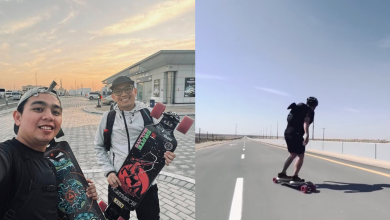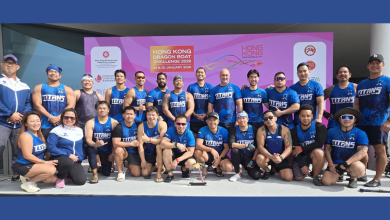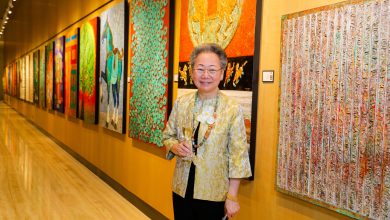There are many risks associated with property, but the highest of them all is when an OFW buys a property uneducated. Expecting spectacular returns on a short timeframe is unrealistic. Remember that real estate is a long-term investment.
DUBAI: Although they are financially more capable compared to their counterparts back home, many OFWs are not able to take advantage of real estate as an investment vehicle. Why?
“Real estate is a mid-term to long-term investment. Unless an OFW is well-educated about the long-term advantages of investing in a property, an OFW might opt for shorter-term investments due to liquidity considerations,” said Carl Dy, an expert in the field who has been running his own property company over the past years.
He further stressed that the entry barrier to invest in real estate is high since the cost of a property is expensive and might require investors to pay in installments. “And we all know that the Filipino culture is not yet familiar with the concept of good debt,” underlined Dy.
Another roadblock is the perennial “instant gratification” mindset. “OFWs must plan for the longer term, and not only think of the short-term,” said Dy, adding to sustain this, OFWs should keep on growing, think of ways to be of value to other people, and not just how to make money from other people.
“There are many risks associated with property, but the highest of them all is when an OFW buys a property uneducated. Expecting spectacular returns on a short timeframe is unrealistic. Remember that real estate is a long-term investment.”
To help OFWs start investing in real estate, they should:
• Increase earning capacity. Either add more streams of income or cut unnecessary consumer spending.
• Educate themselves on the pros and cons of investing in real estate.
• Map out a long-term acquisition plan that factors cashflow and financial strategy.
• Think long-term and stick to rthe plan. Do not be in a hurry to make quick money.
• Plan for the worst and create an exit plan.
For OFWs charting their road to financial independence, Dy encouraged more than just thinking about money: “Always give value to other people. Make yourself relevant all the time. Keep improving. Slow and steady wins the race.” If you are not advancing well towards financial independence, hard work will not change your results, claimed Dy. “You have to change your mindset first. Once you have the correct mindset for independence, then you put in the hard work needed.”
Remember: property has long been known to appreciate over time, especially land.
(By JDG Rico)



